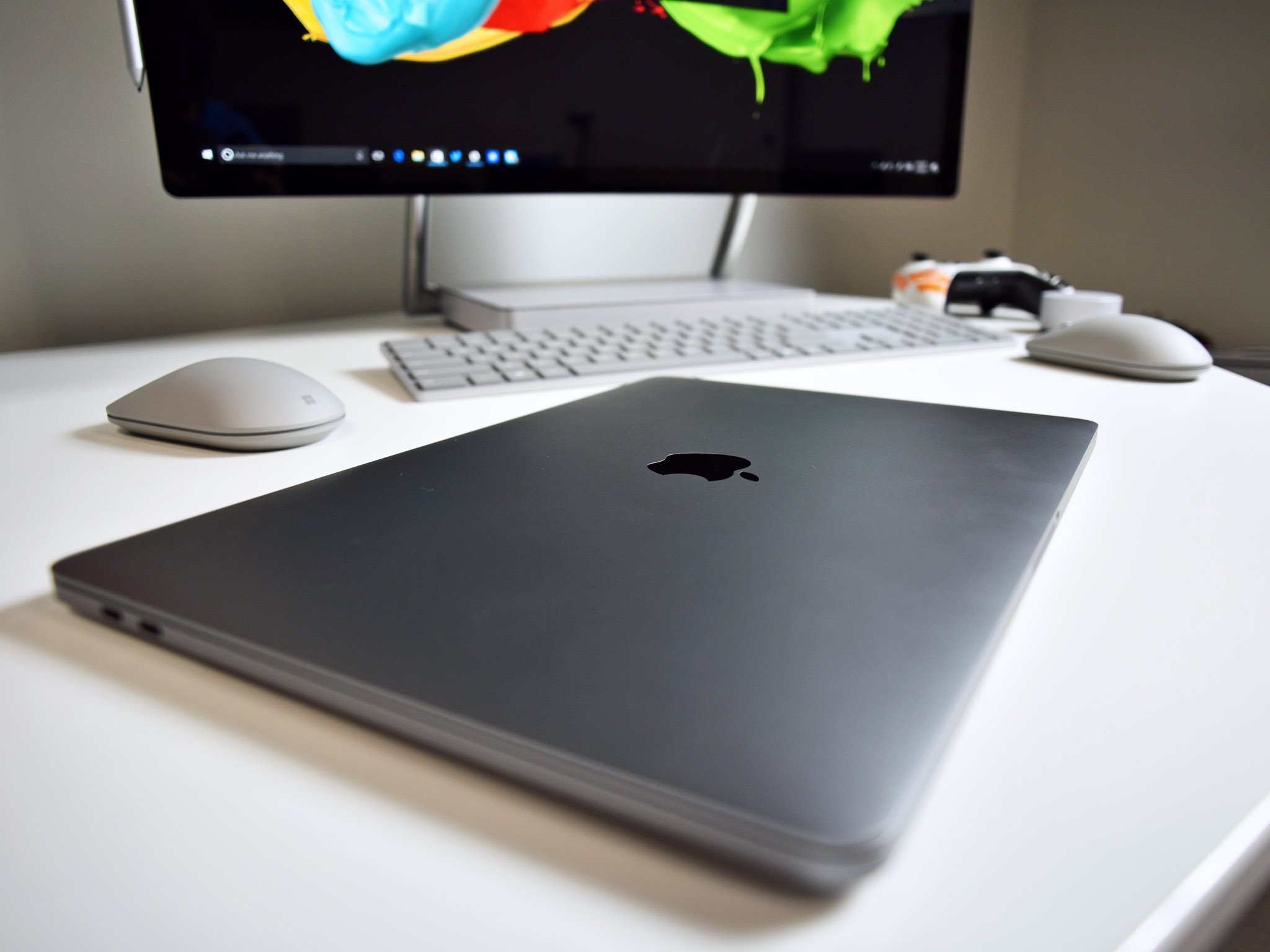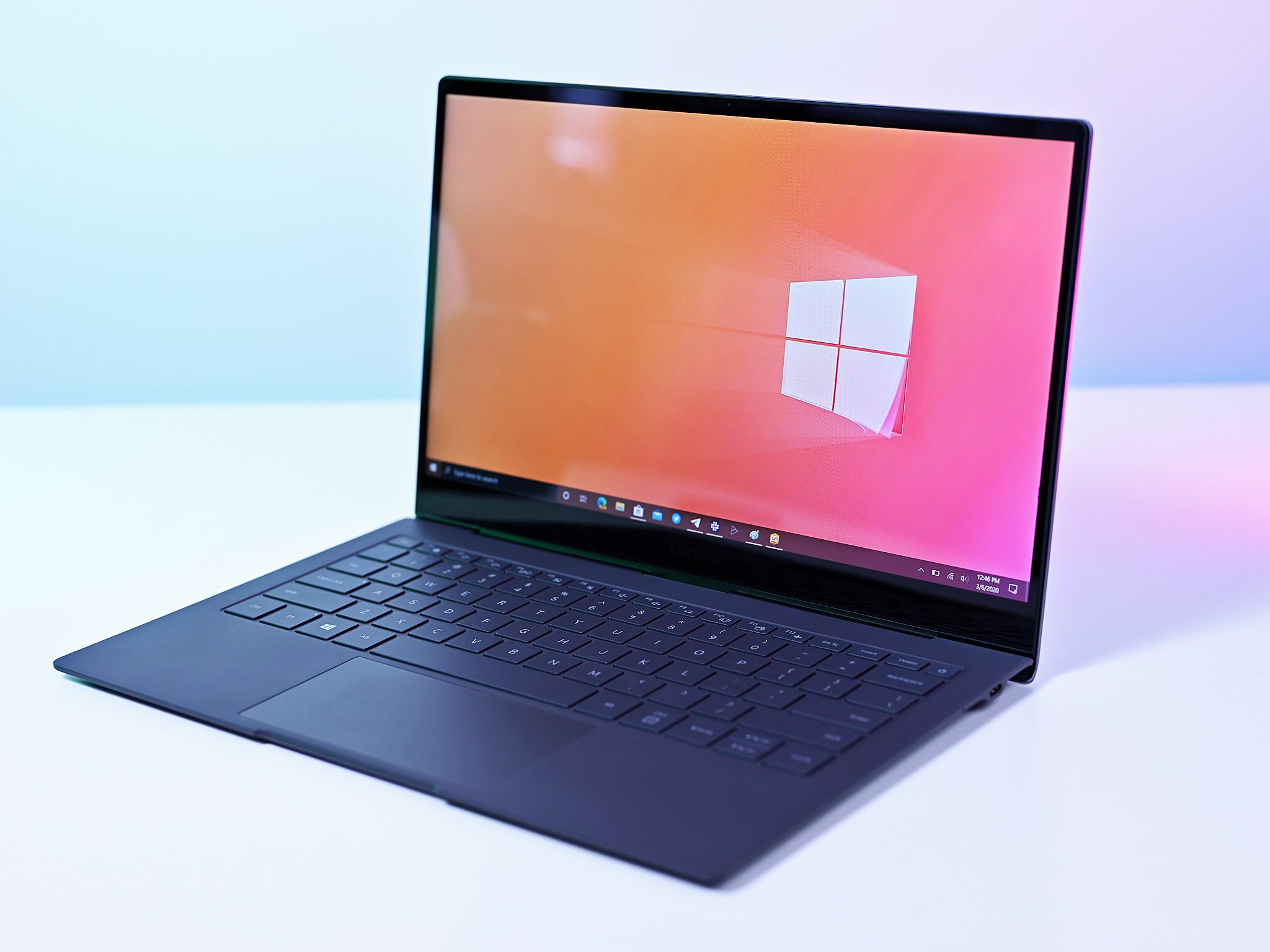Why Apple is right to dump Intel for ARM in some MacBooks
Apple is reportedly putting its own ARM processors into some of its laptops starting in 2021. It's the right move.

Apple is reportedly going to start using its own ARM processors in some of its laptops starting next year, according to a recent report in Bloomberg. The news of a switch goes back to 2018, and is therefore not surprising. Still, it appears that Apple is getting closer to making the change a reality.
Microsoft has been using ARM for many years now, going back to the failed 2011 Windows RT attempt. Microsoft has since righted many of the wrongs with Windows 10, which does not have nearly as many limitations as Windows RT. New releases of the Samsung Galaxy Book S and Surface Pro X have created always-connected thin clients that cannot be matched by Intel or AMD, filling a niche, but significant market.
With Apple getting into the mix, though, it is both good and bad for Microsoft. Apple's 8-core A12 Bionic Chip series brings some serious performance that outmatches even the Surface Pro X's Qualcomm-based Microsoft SQ1 chip by a margin. There's little doubt that Apple has an advantage when it comes to iPadOS and its own hardware contrasted to Microsoft.
And therein lies the rub. Apple is likely to see greater earlier success than Microsoft if it sticks to putting ARM into something like the entry-level MacBook Air. That laptop is easy to optimize for as it currently features a dual-core Intel chip (Core i3-1000NG4). Tossing the Snapdragon 8cx into a MacBook Air could nearly match that performance even in x86-32-bit emulation.

Apple still has a lot of work cut out for it. The same app compatibility problems and platform limitations are likely with macOS. Popular apps from companies like Adobe are likely to be in "development hell" before they are successfully ported. Mac users are already contending with the end of 32-bit app support with Catalina, making this a potential double whammy of app incompatibility for users.
But Apple does have arguably better developer relations compared to Microsoft, making any such transition possibly less painful. When Apple cracks a whip, its dev audience listens. Moreover, Apple is expected to bring over its iPadOS apps to macOS, filling any app gaps.
When Apple cracks a whip, its dev audience listens.
Apple's real threat though, is its in-house ARM development. It is incredible how, in just a few years, the company has created such powerful chips. This "leak" about switching to ARM came right before Intel's quarterly earnings on the same day. If Apple is getting ready to dump Intel for some of its product lines, then this news is timed to throw shade on Intel in a very public way.
Get the Windows Central Newsletter
All the latest news, reviews, and guides for Windows and Xbox diehards.
The good news, if any, is this news puts more focus on general ARM development. With new companies getting on board, it gives ARM – even under Qualcomm – much greater reach and mindshare. Microsoft already had done a lot of work on ARM, and by the time 2021 rolls around, the rumored Win32-64bit support could be here.
With Apple finally making an ARM-based laptop, it could actually drive demand for something similar in the PC space. Luckily, Microsoft and its partners are already there, meaning there would be less catching up.
Qualcomm is on its third-generation of Windows-only processors in just over two years. Who knows what it has lined up for 2021, but it should be a substantial evolution over the current Snapdragon 8cx.
Even Intel is finally reacting to threats from ARM on multiple fronts. Its next-gen Tremont microarchitecture with Lakefield should bring most of the benefits of ARM to Windows with fewer drawbacks.
Microsoft, of course, is leading the way for ARM in laptops. But Apple is likely to swoop in and garner all the credit in 2021. Nothing is new there, but it does bode well for this idea that the future of mobile computing is diverging towards two major categories: thin clients with 4G and 5G, and beefier laptops with powerful discrete processing. How it plays out will likely be no different than today: Apple wins in the consumer market, while Microsoft dominates work and productivity.

Daniel Rubino is the Editor-in-chief of Windows Central. He is also the head reviewer, podcast co-host, and analyst. He has been covering Microsoft since 2007 when this site was called WMExperts (and later Windows Phone Central). His interests include Windows, laptops, next-gen computing, and wearable tech. He has reviewed laptops for over 10 years and is particularly fond of 2-in-1 convertibles, Arm64 processors, new form factors, and thin-and-light PCs. Before all this tech stuff, he worked on a Ph.D. in linguistics, performed polysomnographs in NYC, and was a motion-picture operator for 17 years.
